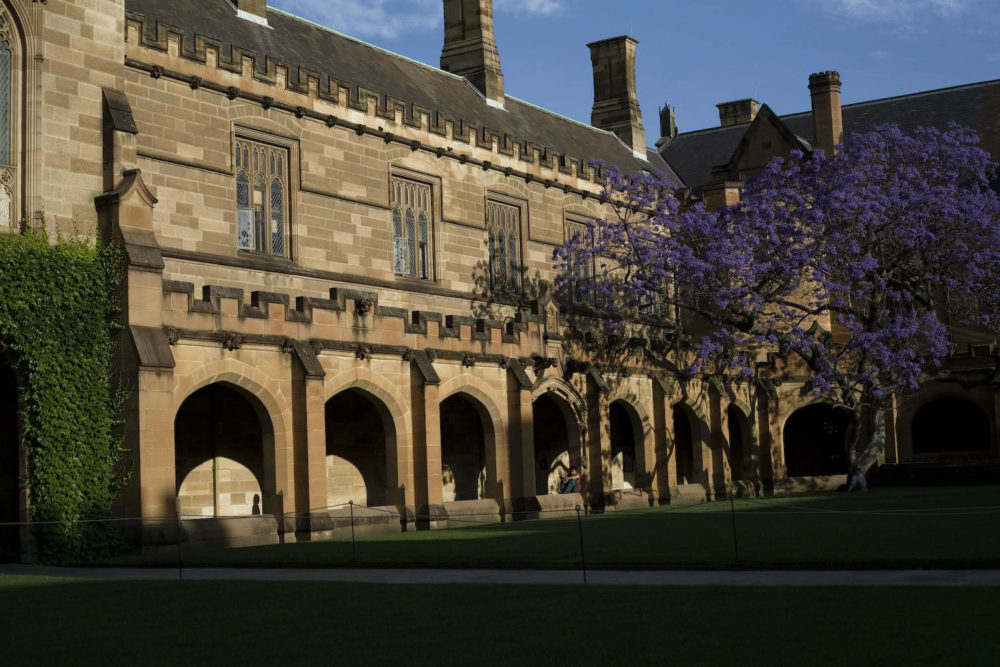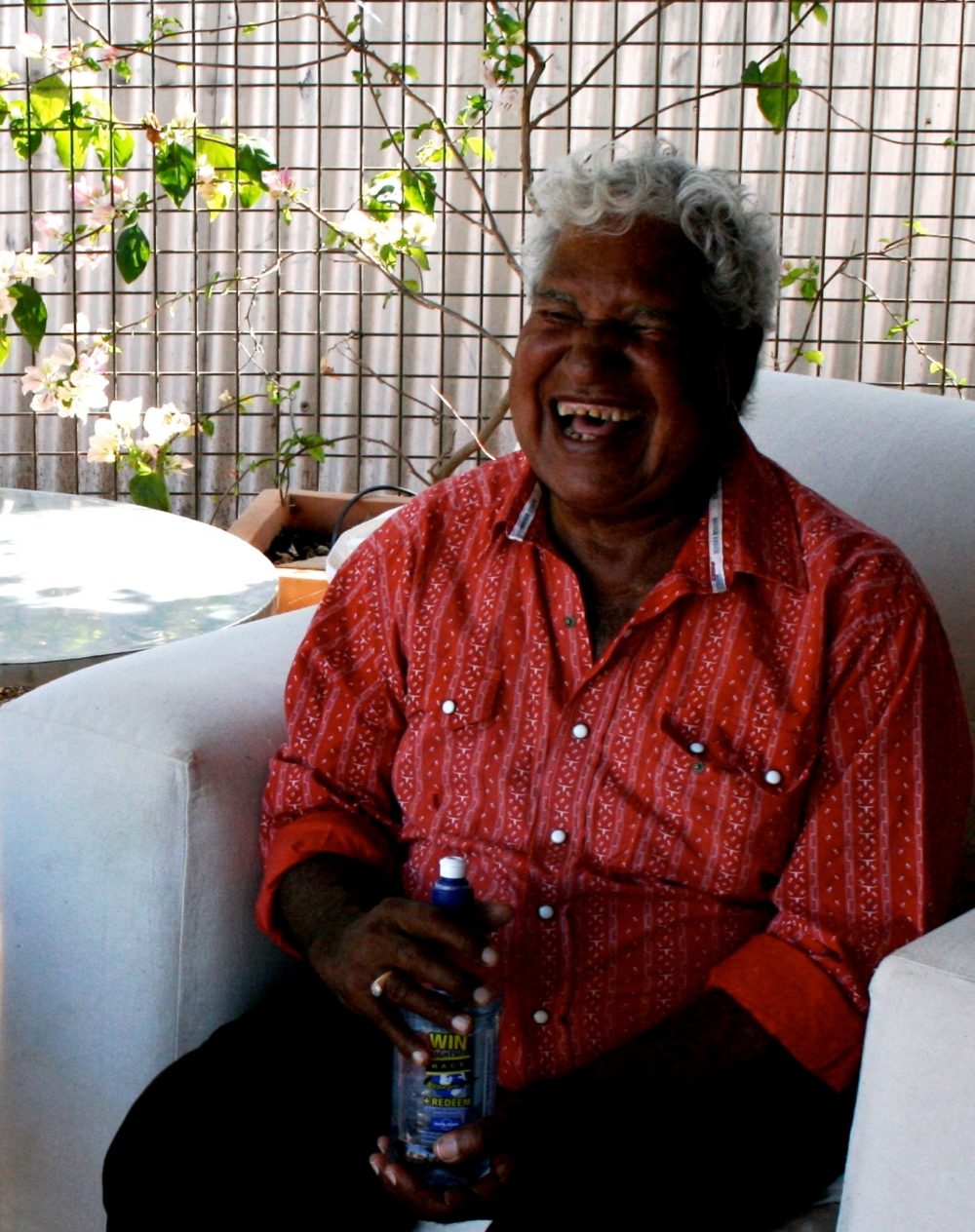By Neena Bhandari
Sydney, 23.09.2011 (Business Standard): Attacks on Indians in Australia, and a subsequent steep drop in Indian student enrollment, have pressed Australian universities to engage more with India. As the dust settles on the furore surrounding attacks on Indian students, which has strained bilateral relations and threatened Australia’s multi-billion-dollar education export sector, Australian universities are going all out to engage with Indian educational institutions.
This isn’t all that surprising considering that the number of offshore applicants from India fell from 18,514 in the 2009-10 financial year to just 6,875 in 2010-11, a drop of 63 per cent. From setting up joint academic and research collaborations to offering scholarships and exchanges, universities are keen to re-build Australia’s reputation as a convivial and safe study destination.


